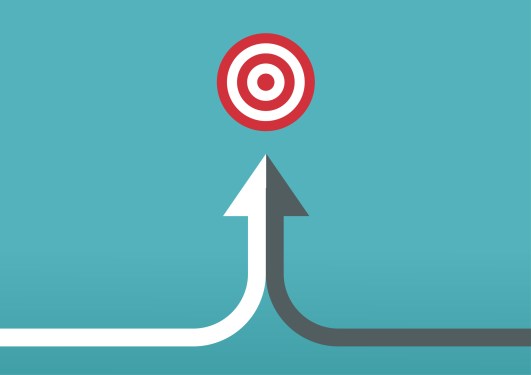Many people, including myself, predicted a wave of startup acquisitions in 2023 as companies built on not-so-good business models ran out of money. However, that largely didn’t happen. But there are signs it will in 2024.
Funding Volume and Deal Count Continue to Slow Down
According to Q3 data from PitchBook, funding volume and deal count continue to slow down. This trend is expected to continue into 2024, with macroeconomic conditions predicting a recession for the year ahead. Investors are also changing their approach, no longer propping up portfolio companies that aren’t doing well but instead looking to help them find a soft landing.
The Original Prediction: Late-Stage Startups Buying Out Smaller Competitors
When I first wrote about the impending wave of startup acquisitions back in June 2022, I thought the acquirers would be late-stage startups with plenty of cash in the bank. I pictured solid companies like Stripe and Plaid scooping up smaller competitors to justify their inflated valuations. However, the startup acquisitions we have seen thus far have largely been made by public players or private equity firms.
Why the Shift to Distressed Buying?
I think that will change next year, and I no longer believe it’ll be the good buying the less good or the small. Those companies are probably thinking more about an exit for themselves in the next year rather than a shopping spree. Companies will be making acquisitions largely to plug the holes in their business models. This shift towards distressed buying is likely due to many startups running out of cash and struggling to find profitability.
The Getir-FreshDirect Acquisition: A Prime Example of What’s to Come
On Wednesday, quick grocery delivery unicorn Getir announced that it acquired FreshDirect for an undisclosed amount. While neither company was doing well, with Getir burning through cash and FreshDirect’s valuation plummeting, this deal may actually be a good one.
According to my previous story on how quick grocery delivery companies can’t seem to make their business model work in the U.S., Larry Aschebrook, a managing partner at G Squared, said that the only way they could get it to work is by either adding additional services to subsidize costs or requiring customers to buy more groceries at once and be willing to wait longer for orders. FreshDirect already does both of these things.
Why This Deal Is a Prime Example of What’s to Come
Despite not being a startup, I think this deal is a prime example of what’s to come with acquisitions of distressed startups next year. Startups won’t be scooped up by other startups looking to bulk their balance sheets but instead will be acquired by companies looking to plug the holes in their business models.
The Future of Startup Acquisitions: Distressed Buying Will Be the Norm
As we head into 2024, it’s clear that distressed buying will become the norm. With funding volume and deal count continuing to slow down, startups will need to find creative ways to survive. Acquiring other companies may be one way for them to stay afloat.
Related News
- China is reportedly open to Elon Musk acquiring TikTok US
- Maxwell Zeff’Free Our Feeds’ campaign aims to billionaire-proof Bluesky’s tech
- A 24-year-old who exited his first company to Coinbase raises $3M for his next venture
Stay Up-to-Date with the Latest News
Subscribe to TechCrunch’s Daily Newsletter for the latest news and updates on the tech industry. Follow us on social media to stay informed about the latest developments.
Get Ready for 2024: A Year of Distressed Buying
As we head into 2024, it’s clear that distressed buying will become the norm. With funding volume and deal count continuing to slow down, startups will need to find creative ways to survive. Acquiring other companies may be one way for them to stay afloat.
Stay tuned for more updates on this trend as it unfolds in 2024.




